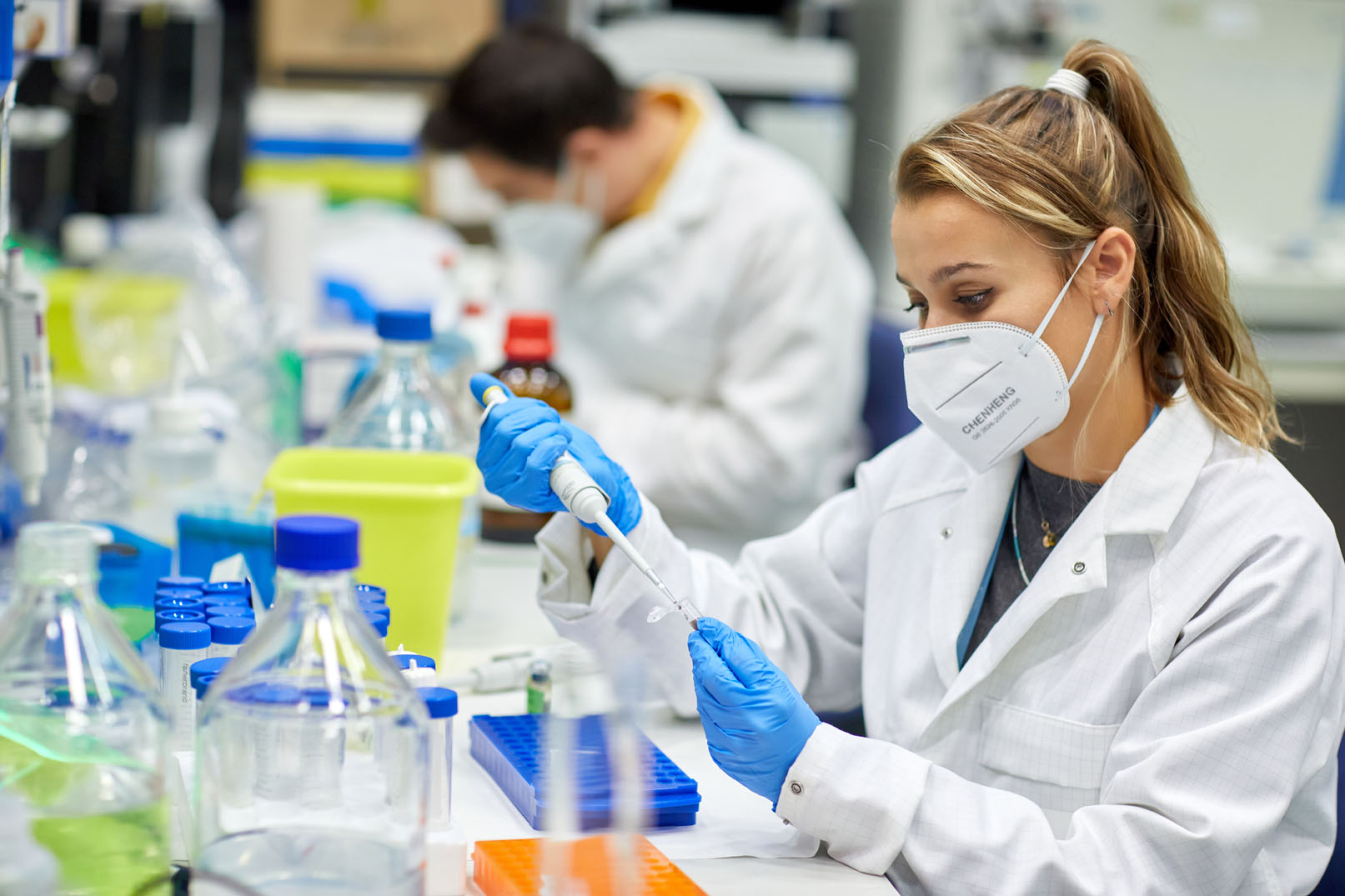An objective of CIC nanoGUNE’s first Gender Equality Plan* is to promote initiatives that support the professional development of underrepresented genders. The plan foresees the design and implementation of a dedicated mentoring program that in the long term shall close one of the main gaps of the center in this area: the lack of female leadership among principal investigators.
The goal of nanoGUNE’s mentoring program is to empower and support mentees in developing their career and in mastering the upcoming hurdles in their professional development. Note that this mentoring program does not aim at replacing the scientific supervision, but it shall enrich the scientific training with additional advice from a wide range of professionals. This will help the researchers to achieve and maintain leadership in academic and industrial environments.
CIC nanoGUNE’s mentoring program consists of two parts. The first part targets collective or group-based mentoring with focus on gender equality. It includes talks and seminars given by leading researchers and industry representatives and round-table discussions on career issues related to the underrepresented genders. This should inspire and promote an equality spirit in forthcoming generations of researchers.
The second part consists of one-to-one mentoring of young researchers, particularly women, by both external and internal professionals from academia and industry, who will guide and motivate the researchers and offer tailored and individual advice beyond the scientific issues the mentee is facing. In this part, mentor-mentee couples will schedule several individual meetings over the course of a year to discuss future career prospects and share professional and personal concerns and advice in an informal and confidential environment.
We look forward to sharing lessons learned from implementing the mentoring program at CIC nanoGUNE. Stay tuned here for more information.
*CIC nanoGUNE, a Nanoscience Research Center located in San Sebastian (Basque Country, Spain), is made up of a team of about 100 researchers and technical and administrative personnel. In May 2018 a Gender Equality Committee was formed to secure a working environment free of gender bias. Few months later, an internal diagnosis was carried out in the framework of the EU project RI-PEERS. This diagnosis served as a basis for the development of a Gender-Equality Plan (GEP) to be implemented in the period 2019-2022.


